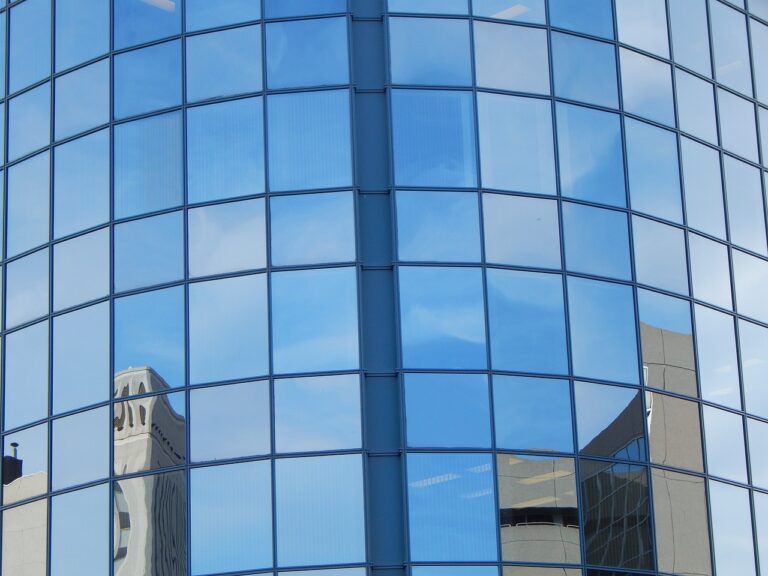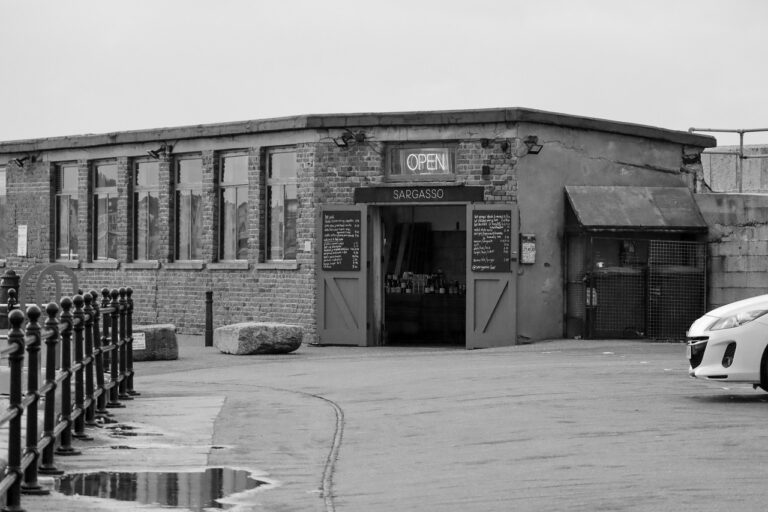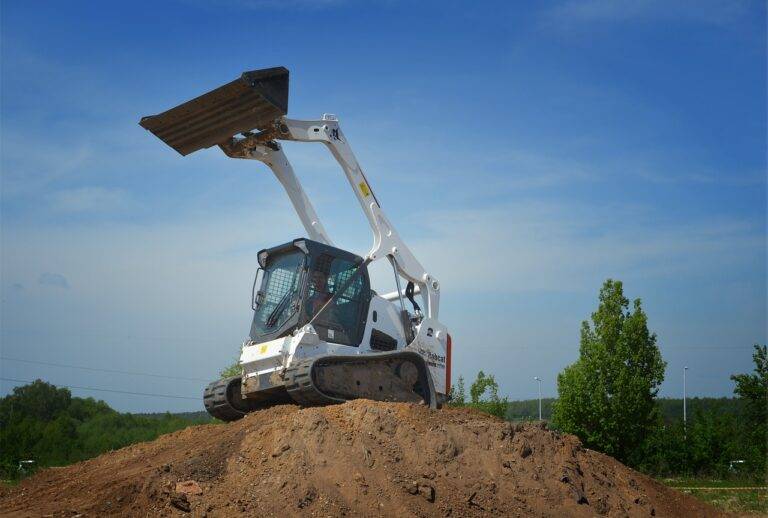Analyzing the Market Potential of Plant-based Fibers in Construction: Betbhai9 whatsapp number, Radhe exchange admin, Lotus365.win login
betbhai9 whatsapp number, radhe exchange admin, lotus365.win login: As the construction industry continues to evolve, there is a growing interest in sustainable and environmentally friendly materials. One such material that has been gaining traction is plant-based fibers. These natural fibers, such as hemp, bamboo, and flax, offer a renewable alternative to traditional construction materials like concrete and steel. In this article, we will analyze the market potential of plant-based fibers in construction and explore the benefits they offer.
Market Trends
The demand for sustainable construction materials is on the rise, driven by a growing awareness of the environmental impact of traditional building materials. As a result, there is a growing market for plant-based fibers in the construction industry. These natural fibers offer a range of benefits, including high tensile strength, durability, and biodegradability, making them a popular choice for eco-conscious builders.
Benefits of Plant-Based Fibers
1. Sustainability: Plant-based fibers are renewable and biodegradable, making them a sustainable alternative to traditional construction materials.
2. Strength and Durability: Despite being lightweight, plant-based fibers are incredibly strong and durable, making them suitable for a wide range of construction applications.
3. Insulation Properties: Plant-based fibers offer excellent insulation properties, helping to regulate temperature and reduce energy consumption in buildings.
Market Potential
The market potential for plant-based fibers in construction is substantial, with the global market for natural fibers expected to reach $9.2 billion by 2025. This growth is driven by increasing awareness of environmental issues and the need for sustainable building materials. As a result, many construction companies are incorporating plant-based fibers into their projects to reduce their carbon footprint and appeal to environmentally conscious consumers.
Challenges and Opportunities
While plant-based fibers offer a range of benefits, there are also challenges to their widespread adoption in the construction industry. These challenges include higher costs compared to traditional materials, limited availability, and concerns about fire resistance. However, with ongoing research and development, these challenges can be overcome, opening up new opportunities for plant-based fibers in construction.
FAQs
1. Are plant-based fibers as strong as traditional construction materials?
Yes, plant-based fibers offer high tensile strength and durability, making them suitable for a wide range of construction applications.
2. Do plant-based fibers cost more than traditional materials?
Plant-based fibers can be more expensive than traditional materials, but the benefits they offer in terms of sustainability and environmental impact often outweigh the higher costs.
3. Are plant-based fibers fire-resistant?
While plant-based fibers may not be as fire-resistant as traditional materials like steel, they can be treated to improve their fire resistance and meet building code requirements.
In conclusion, the market potential for plant-based fibers in construction is significant, driven by a growing demand for sustainable building materials. With their sustainability, strength, and insulation properties, plant-based fibers offer a viable alternative to traditional construction materials. As research and development in this area continue, we can expect to see plant-based fibers playing an increasingly important role in the construction industry.







